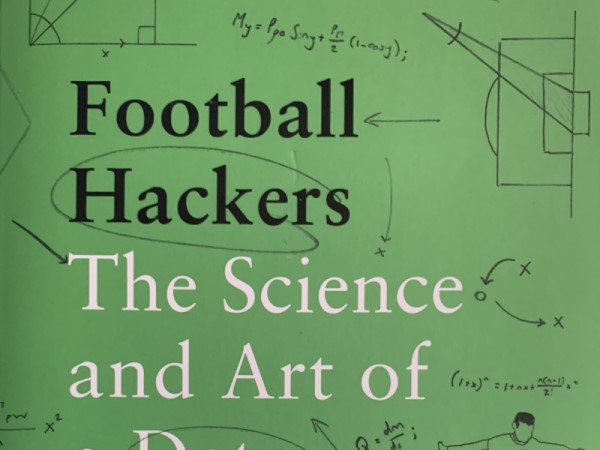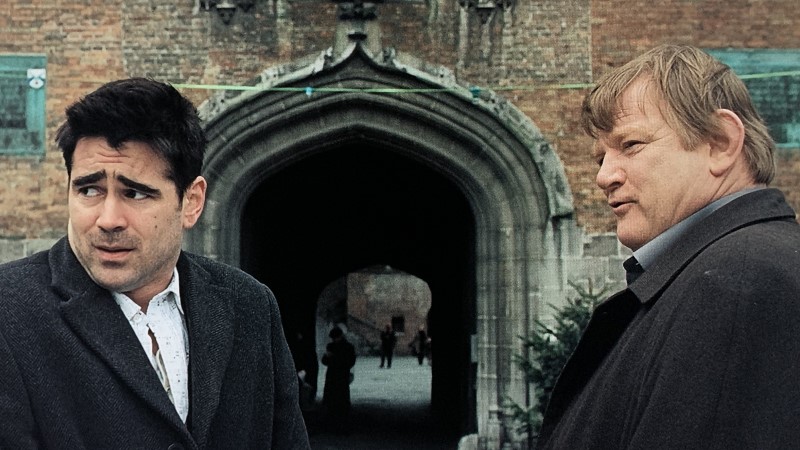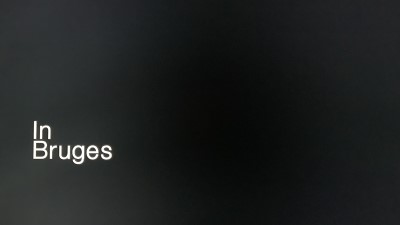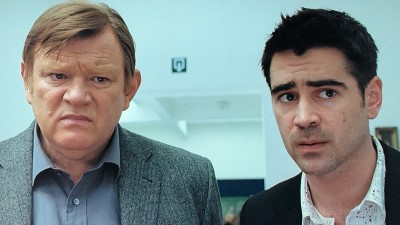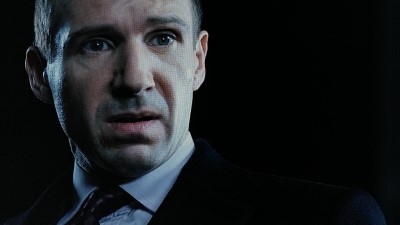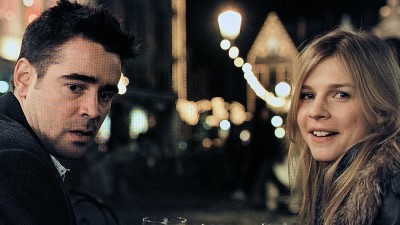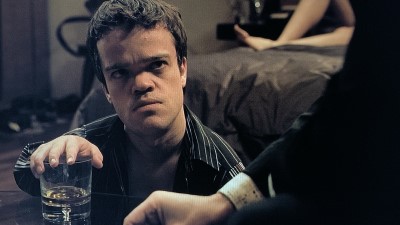When browsing a feature in a football publication one will increasingly come across data tables and graphical illustrations. These use esoteric metrics, such as Expected Goals (xG) or Passes per Defensive Action (PPDA), to illustrate a statistical point or wider performance trend of a player or team. Finding these features and their underlying metrics challenging to comprehend but interesting nonetheless, I read the German author Christoph Biermann’s book Football Hackers to try and understand more about football’s data-analysis revolution.
Biermann explains how the use of numbers, metrics and analysis has offered innovators a new insight into the game. With a more objective viewpoint based on data, improved decision making and a competitive advantage are a possibility. Using thematic areas such as luck, opportunity, scouting, player development, brain training and the need for a narrative, Biermann traces data’s impact against the conventions of football, its traditions and underlying cognitive biases.
The concepts and ideas in Football Hackers are well explained with good illustrations (xG for example is much clearer to me now). It’s a pleasant read; Biermann has a clear and objective style along with a winning, self-effacing personal touch. Attached are many observations and reflections from the innovators, generally nerdish and cerebral outsiders or marginal figures: for example the pair of Bundesliga pros who, dissatisfied with the existing subjective player rankings came up with their own sophisticated metrics; or the professional gambler who invested in two middling clubs in order to (successfully) test his insights.
Football Hackers is a fascinating and absorbing book. It successfully explains new ideas and enables you to appreciate and apply them. Hopefully more of Biermann’s work can be published in English.

